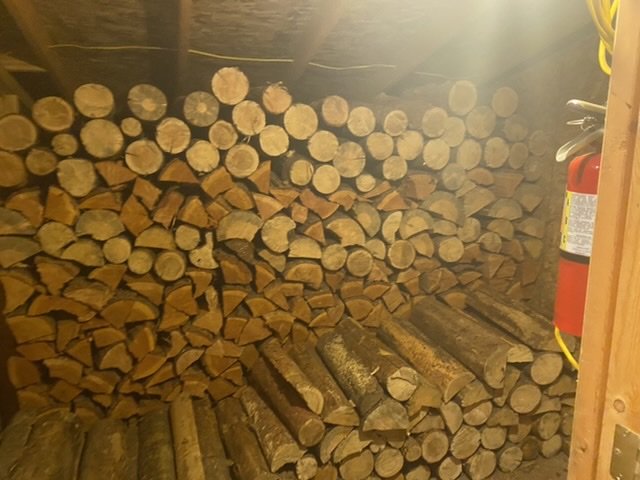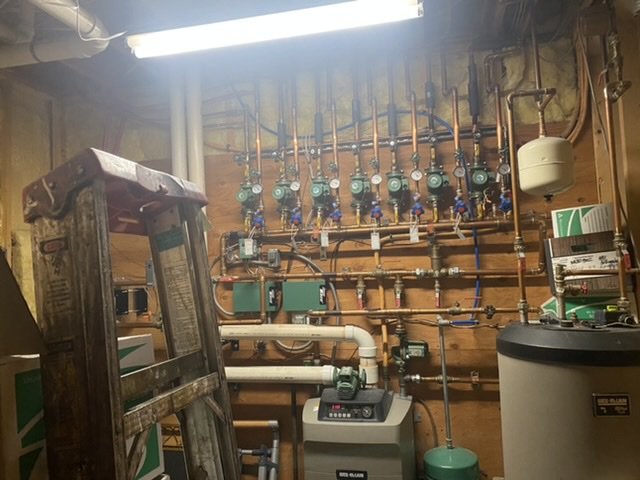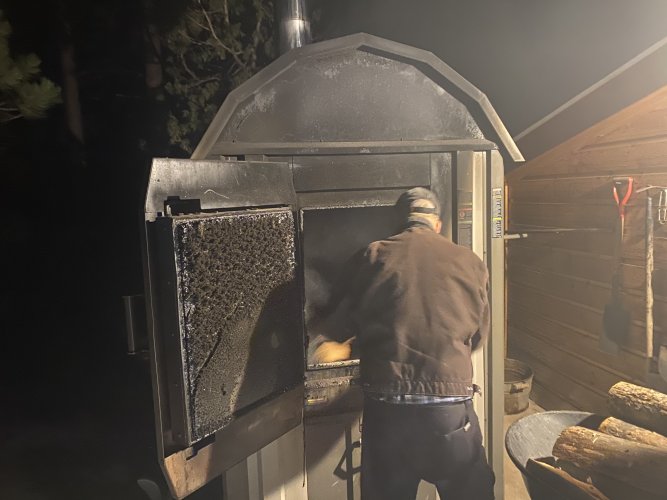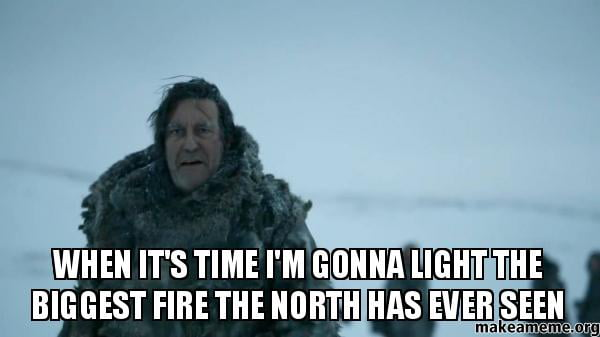Addicting
Well-known member
Yes you do! Not in the chimney but in the door, seal, and blower. All of which will get caked and cause hot spots. Those hot spots warp and leak air causing a runaway fire. That is one of the reasons why wood consumption is greatly increased. Green wood actually helps prevent that as the coals have to dry it out and it can only burn so fast.because you don't have to be concerned with creosote build-up








